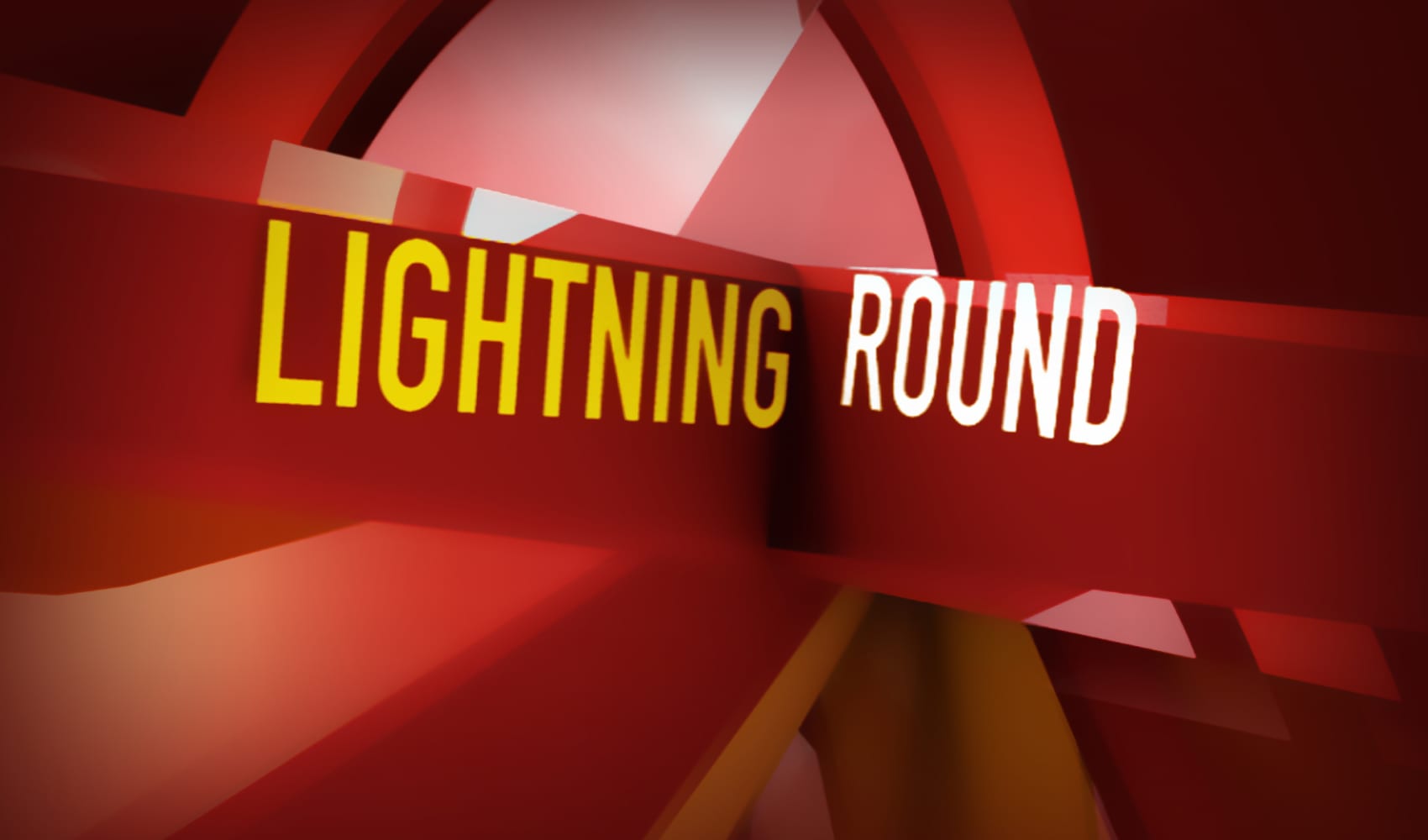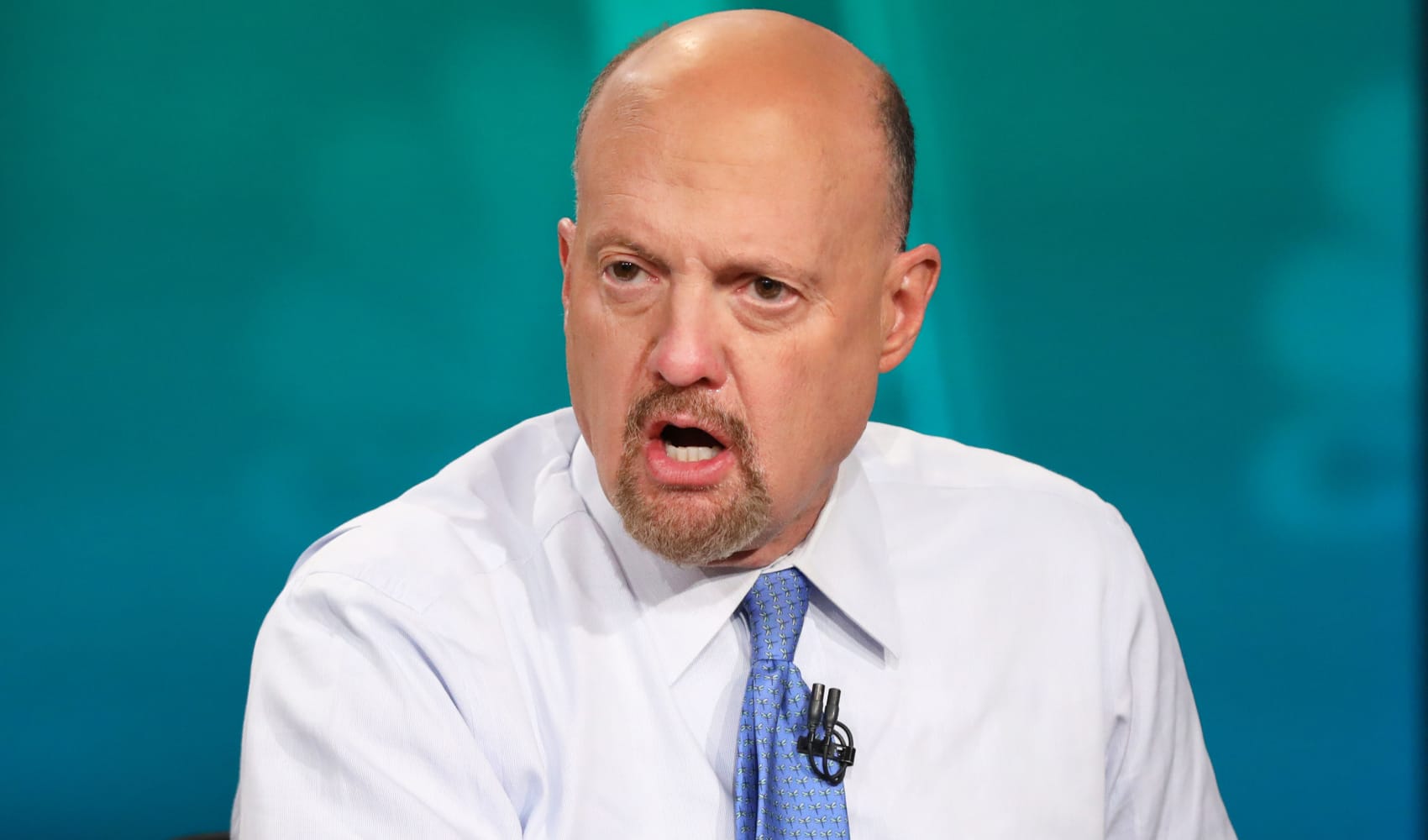
- China's state media has criticized Canada over its decision to impose over 100% import tariffs on Chinese electric vehicles, using bolder language than the nation's official government response.
- Canada is "shooting itself in the foot" by "following U.S.' protectionist policies," the outspoken editor of the Global Times, a Beijing government mouthpiece, wrote.
- Canada said the measures are enforced to "level the playing field for Canadian workers" and allow domestic EV, steel and aluminum producers to compete both at home and abroad.
China's state media has criticized Canada over its decision to impose 100% import tariffs on Chinese electric vehicles, using bolder language than Beijing's official government response.
Canada is "shooting itself in the foot" by "following U.S.' protectionist policies," the outspoken editor of the Global Times, a Chinese government mouthpiece, wrote Wednesday.
The country is being "held hostage" by America's "unhealthy policies [that] will only create more barriers to free market circulation, leading to deeper negative impacts and unforeseen shocks on the domestic economy," the Global Times alleged, urging Canada to "prioritize the development of its own economy."
Get top local stories in Southern California delivered to you every morning. Sign up for NBC LA's News Headlines newsletter.
The Chinese government and its state media walk in tandem when it comes to thought and politics, but generally the ruling Communist Party is quite circumspect when it comes to messaging in official statements. Its media, less so.
On Monday, Canada announced that it would import 100% tariffs on China-made electric vehicles, effective Oct. 1. The move came after two of Ottawa's allies, the U.S. and the European Union, slapped taxes on China over concerns related to unfair subsidies.
The Biden administration announced in May significant tariffs on Chinese EVs, advanced batteries, solar cells, steel, aluminum and medical equipment. The European Union earlier this month imposed tariffs of up to 36.3% on imports of EVs from China, except for Tesla which received a reduced extra rate of 9%.
Money Report
In a statement Tuesday, China's Ministry of Commerce called the Canadian government's move a "typical act of trade protectionism".
"China is strongly dissatisfied and firmly opposes this," a ministry spokesperson said in the statement. Canada "blatantly violated WTO rules and blindly followed certain other countries."
The move will "disrupt the stability of the global industrial and supply chains, seriously undermine the global economic system and economic and trade rules, severely impact China-Canada economic and trade relations," the spokesperson added.
Later that day, Chinese Foreign Ministry spokesman Lin Jian, at a press conference, also urged Canada to "immediately correct its wrongdoing, and not to politicize economic and trade issues. Beijing is prepared to take any necessary measures to defend the rights and interests of Chinese companies, Lin added.
Canada said the measures are enforced to "level the playing field for Canadian workers" and allow domestic EV, steel and aluminum producers to compete both at home and abroad.
The country's prime minister, Justin Trudeau, added that Ottawa was acting to counter what he called China's intentional state-directed policy of "over-capacity".
– CNBC's Sheila Chiang contributed to this report.






